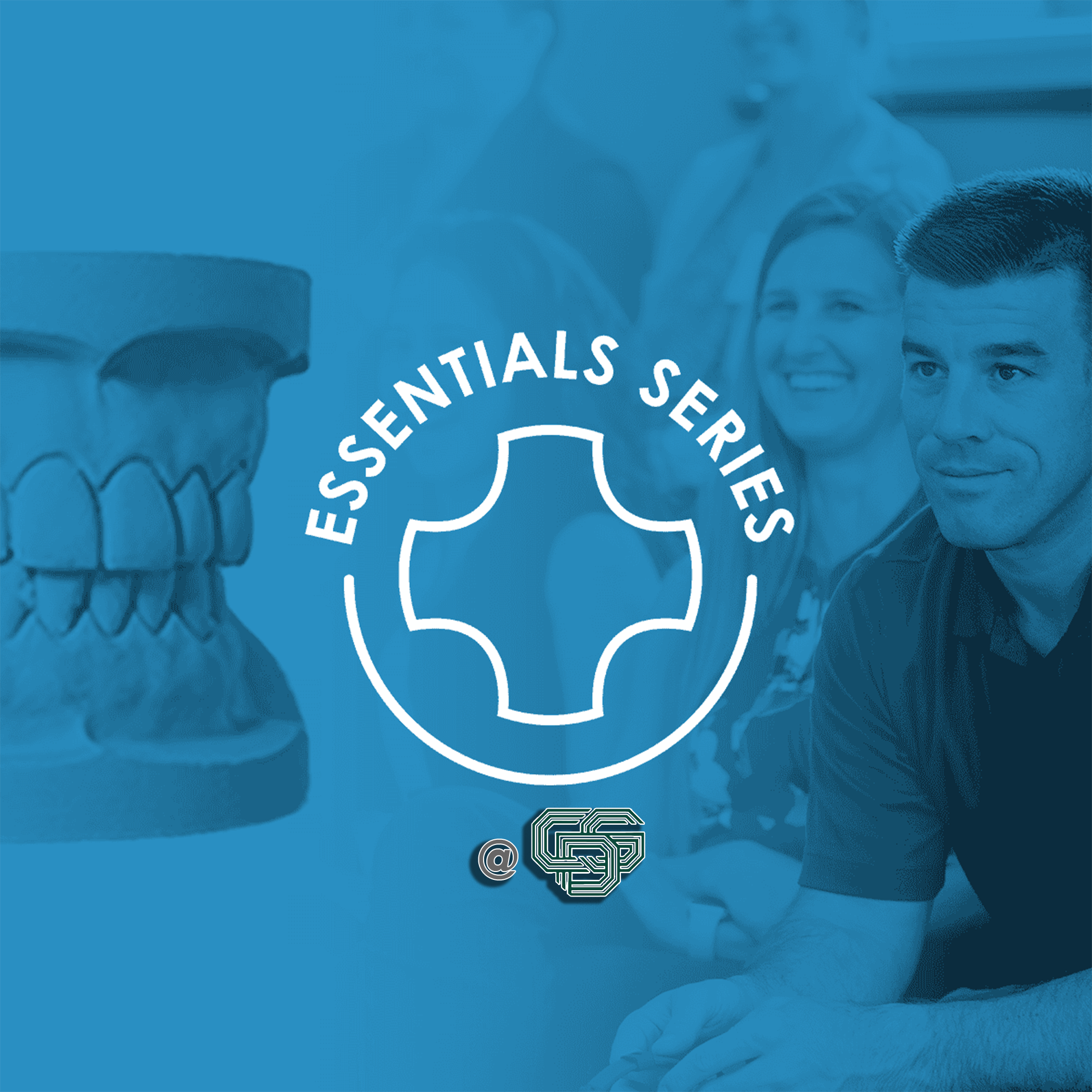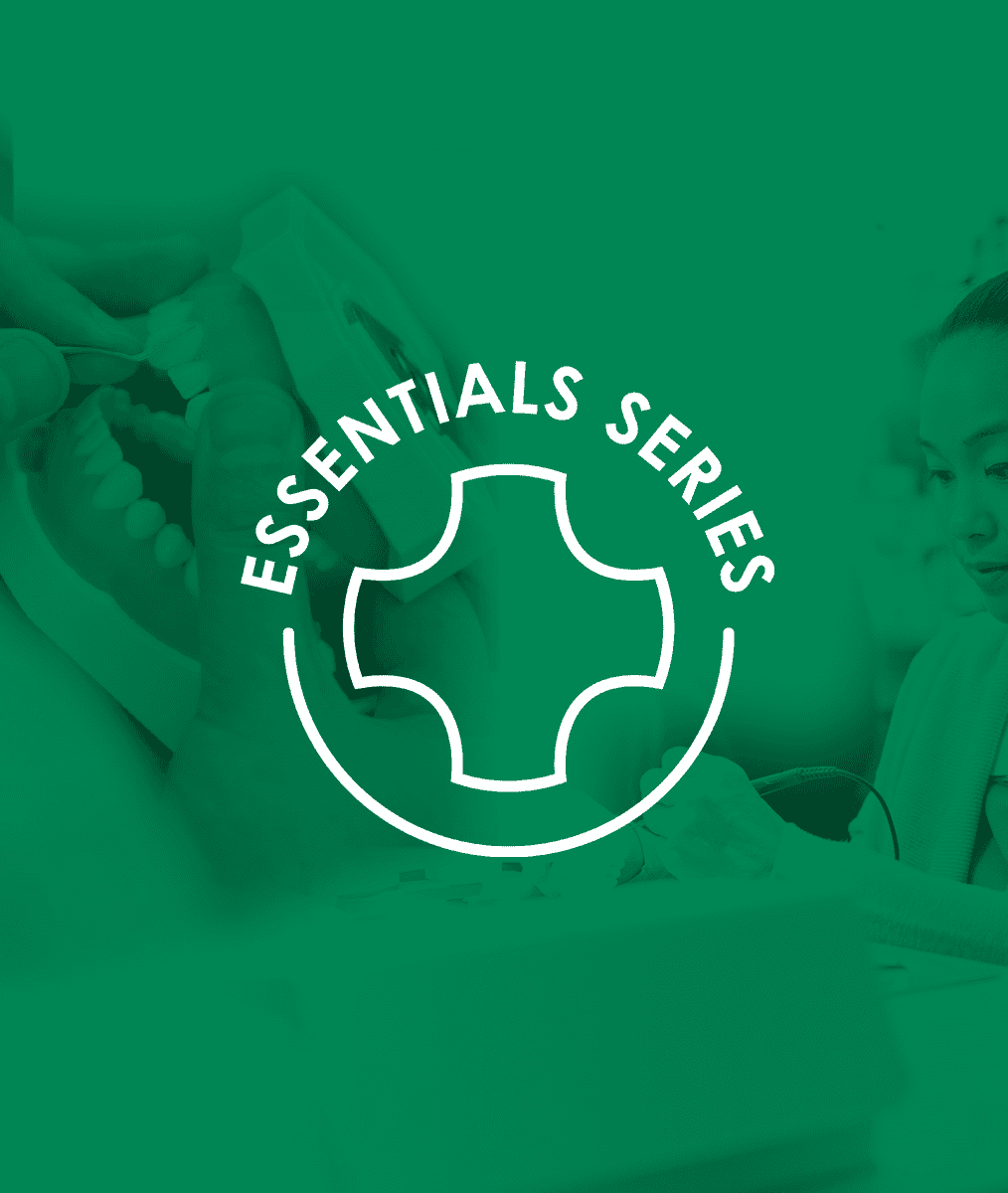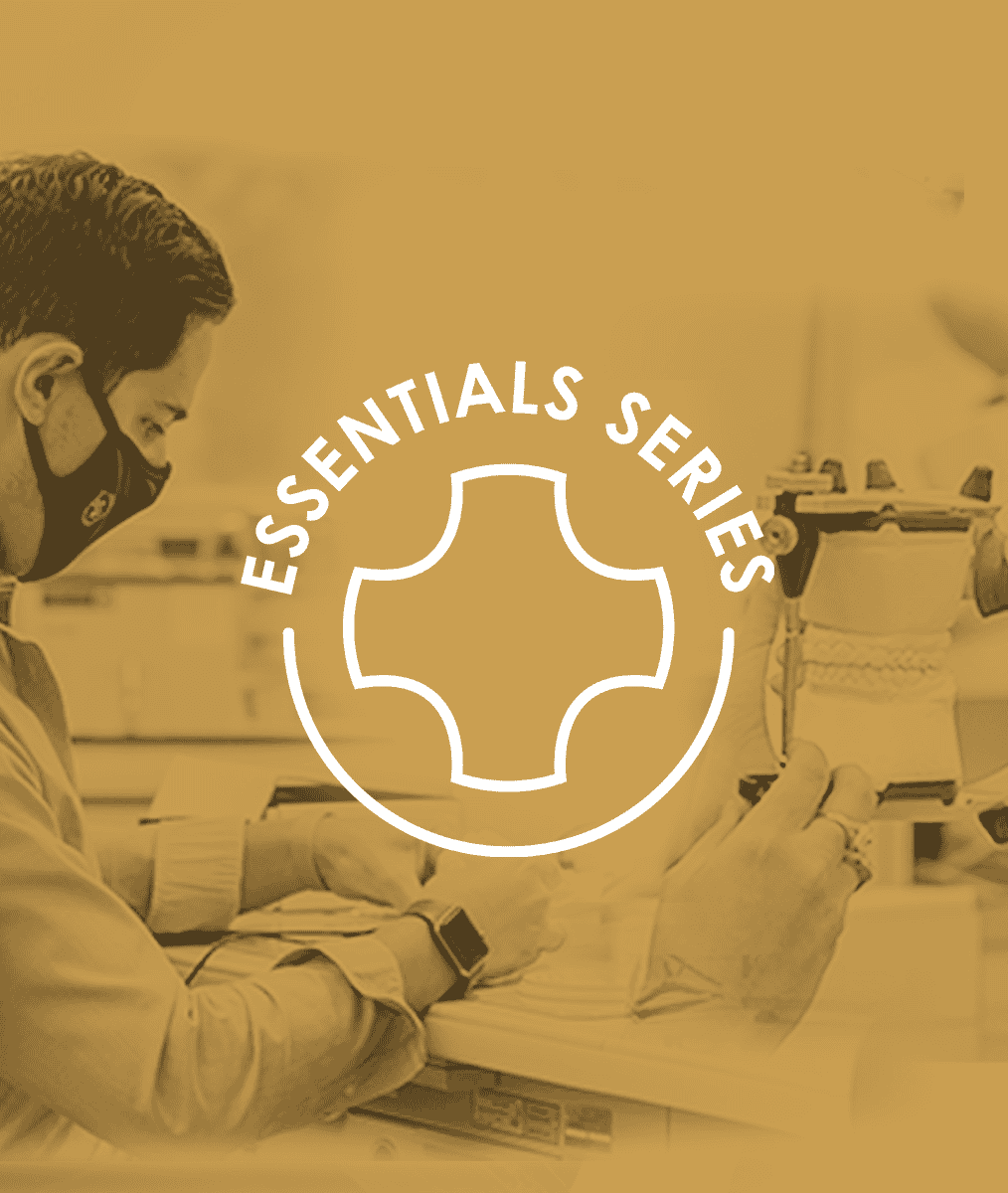Be the Kind of Leader You Want to Be
This is a continuation of a series of blogs exploring what it takes to become the leader you want to be. It’s all about breaking down Dr. Rich Green’s brilliant definition of a leader:
“A leader is a person…
Willing and Able
To influence behavior;
Their OWN FIRST
Then others
To a preferred future.”
-Rich Green, DDS
Know Thyself
In the previous blog, we looked at willingness and ability to influence behavior. The next piece of Dr. Green’s definition is “Their Own First.” Our ability to influence others starts with our ability to influence ourselves.
Just like our patients, we often “know” what we should do and even how to do it, but then we don’t do what we know we should. So, how do we influence our own behavior intentionally?
This is sometimes the hardest part. I believe it starts with “know thyself.” Dr. Pankey placed “know thyself” at the top of his Cross of Dentistry for a reason. I have observed (and experienced) that in general, dentists focus most of our attention and efforts on knowing our work and applying our knowledge.
Here at Pankey, we also focus on knowing our patients. But very few dentists, or humans for that matter, focus on really knowing ourselves—what matters to us, why it matters to us, why we do what we do, and what’s truly creating our results.
If we put attention and effort into knowing and growing ourselves first, our ability to lead others is exponentially improved. Here are the areas I believe are imperative to this:
Essential Concepts
1. Our competency and skill level is of course important. We do need to know what we’re doing.
Depending on our business model, it’s important that we are competent in these areas: clinical skills, how to run a successful business, and communication and relationship-building. We should continue to grow in each of these areas.
2. A basic understanding of how we are wired is crucial because this is where much of our behavior comes from. Each of us is a blank canvas from age 0-7. We are programmed during those years. We learn survival skills and form beliefs that shape our model of the world.
It is very helpful to understand how this shapes our world and how it drives our behavior. We can become aware of and change our programming with work and practice.
3. The ability to be with our emotions (and those of others) is also of utmost importance. As humans we have the ability to let emotions move through us. Not only that, it is vital and healthy to do so. Emotions have useful information in them as well.
4. The fourth area I’ll call ‘knowing your truth.’ This is the connection to your heart and soul. If we grow our clarity and trust in this and our worthiness of having what we desire, this will take us further than anything else.
What do you believe in your core? What matters most to you? What’s your purpose? What do you desire?
I hope this blog has convinced you that it is a worthy, worthwhile, and noble cause to spend time getting to know yourself better. Only by knowing ourselves can we really know others at the highest level. Then it is our honor and privilege to be able to influence them, which is what we will talk about in my next post …
Related Course
E1: Aesthetic & Functional Treatment Planning at the Chicago Midwinter Dental Meeting
DATE: February 20 2025 @ 7:00 am - February 22 2025 @ 8:00 pmLocation: Chicago Midwinter Meeting
CE HOURS:
Transform your experience of practicing dentistry, increase predictability, profitability and fulfillment. The Essentials Series is the Key, and Aesthetic and Functional Treatment Planning is where your journey begins. Following a system of…
Learn More>















